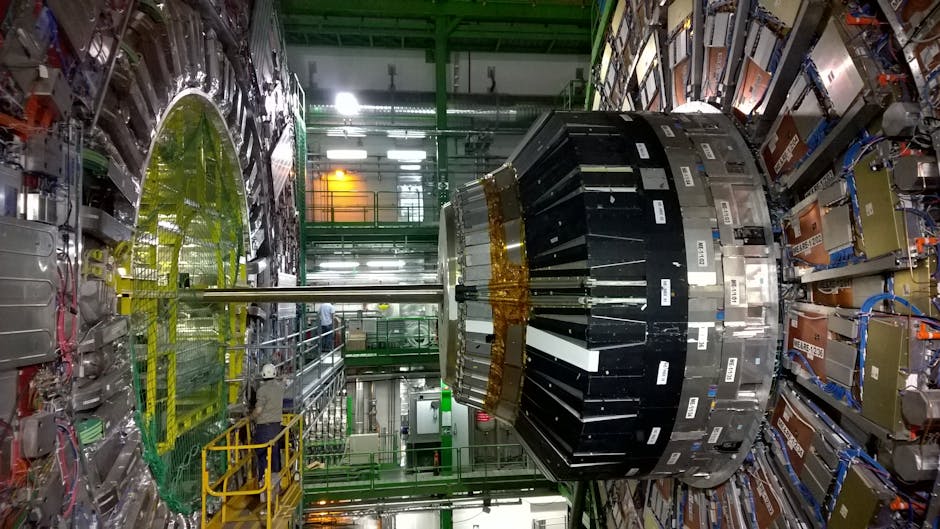The Future of Nanotechnology in Medicine
The Core Concept: Precision at the Molecular Scale Nanotechnology operates at the scale of one to one hundred nanometers. A nanometer is one-billionth of a meter; a human hair is approximately 80,000 to 100,000 nanometers wide. At this scale, the properties of materials—their optical, electrical, and magnetic behaviors—differ significantly from their bulk counterparts. This unique …









